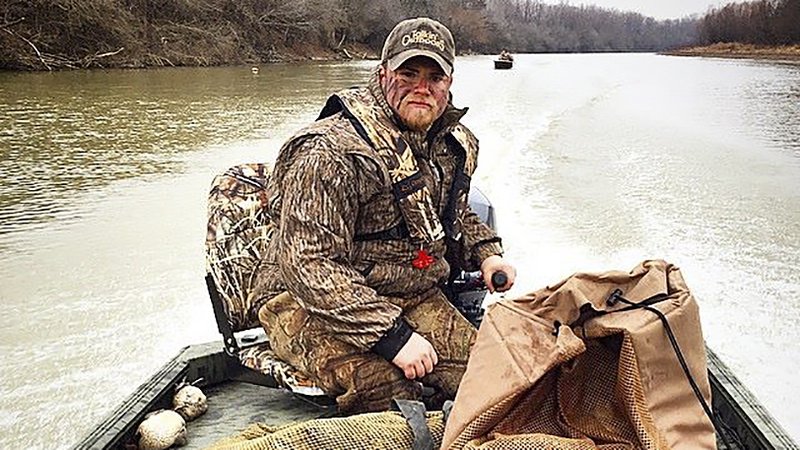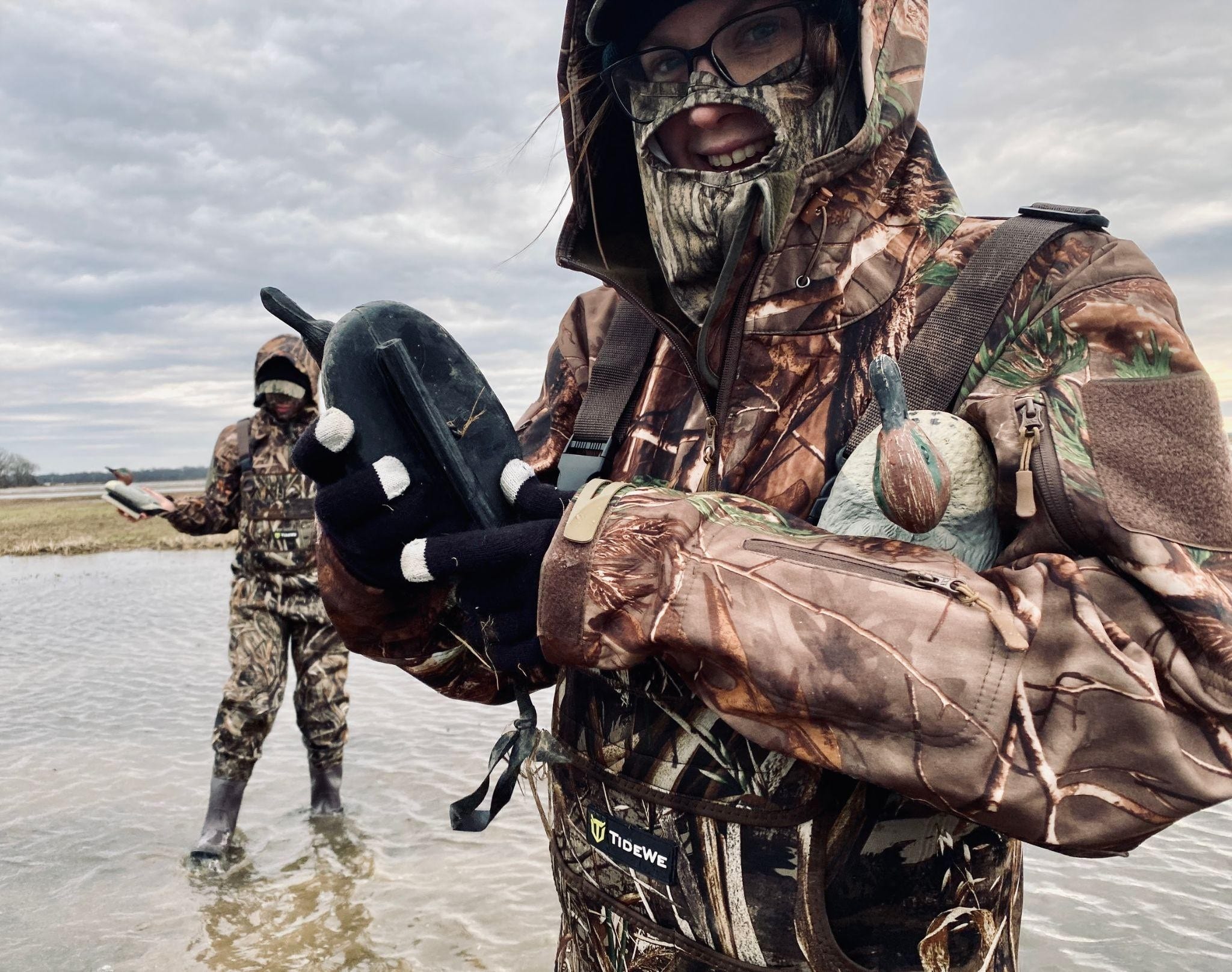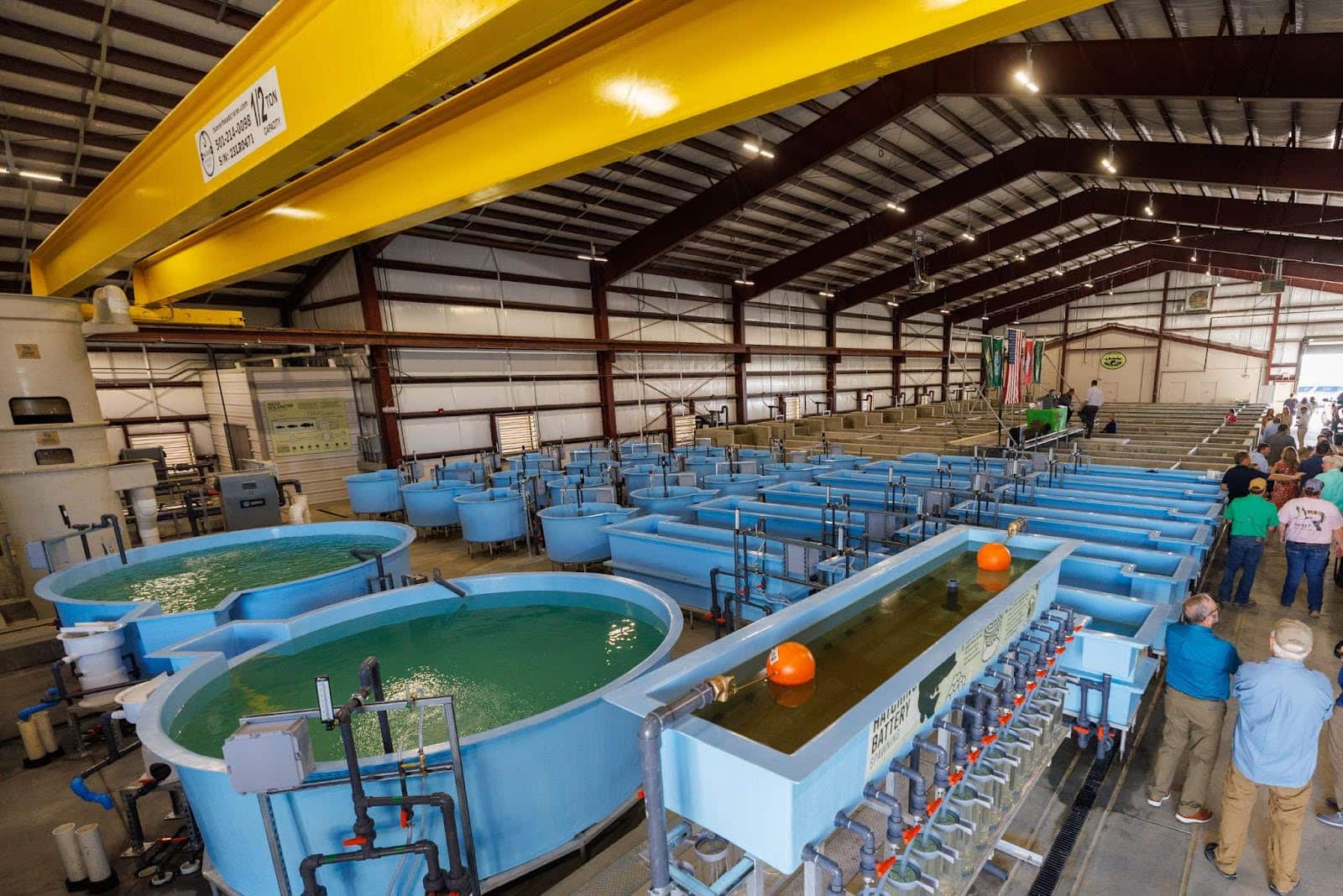Deadly opening weekend of waterfowl season reminds hunters to be cautious while on the water
ON 11-22-2017

Nov. 22, 2017
Randy Zellers
Assistant Chief of Communications
Along with extreme wind and dry conditions throughout most of the state, this year’s opening weekend of waterfowl season was marked by many boating accidents and near misses, including two tragic fatalities: one on Bald Knob Lake and the other on the Arkansas River.
“The last thing a wildlife officer wants to do is notify someone’s family of these accidents,” said Capt. Stephanie Weatherington, boating law administrator for the Arkansas Game and Fish Commission. “And, unfortunately, many of them are the result of one basic detail being overlooked, the use of a properly fitting life jacket.”
Hunters may tend to overlook the safety requirements involved in boating, because the use of the boat may be only the way to get where they are going. But with the cold, wind and rain that often accompany a duck hunt, boating safety is paramount.
Life jackets and float coats have come a long way from the bulky, cardboard-shouldered vests and orange horse collars that come to mind when people mention life preservers. Today’s life vests and float coats are much more streamlined, and it doesn’t take long to adapt to the extra bulk that will help save your life in the case of an accident.
Waders, too, can create a dangerous situation in the water, particularly if the wearer is not wearing a wader belt to help keep water out of the legs and boots if they become submerged. Although neoprene can add a little buoyancy and will help retain warmth if the water finds its way in, the added water weight and stiffness of the boots can make swimming extremely difficult.
Capt. Weatherington says that a few common mistakes are usually the cause of boating accidents.
“Overloading the boat is one of the most common mistakes we see people make,” Capt. Weatherington said. “With all of the decoys, gear and dogs that go along with duck hunting, it is easy to exceed the limits listed on the boat’s maximum capacity plates.”
Exceeding the boat’s Coast Guard-approved weight and occupancy limit is not only dangerous, it is illegal. In addition to making the vessel less maneuverable, it lowers the sides of the boat closer to the water, which can cause it to capsize much more easily.
Another typical cause of boating accidents during duck season is not altering the plan when the weather takes a turn for the worse. Shooting a limit in the nastiest weather is a badge of honor for many duck hunters, but there’s a point where you’re liable to suffer from much more than a frozen beard and runny nose. Heavy winds can turn even small lakes into rough waters, and sudden downpours can create massive currents in rivers within minutes. Know when to call it a day and head for home.
If you do find yourself in an accident, having a dry bag filled with a change of clothes and supplies can ward off the dangers of hypothermia.
“Keep a whistle as well as a change of clothes,” said Weatherington. “The sound of a whistle carries a lot further than a yell, and even if it’s someone looking to see who is disturbing their hunt, someone is going to try and find you if you’re blowing it.”
Filing a float plan also is an important precaution to your duck hunting day, even if you’re going with a group of people. A float plan can be as simple as calling or leaving a note with a loved one, letting them know exactly where you are going and when to expect you back. If you become stranded due to equipment problems or injury, they will know where to look.
Recent News

Waterfowl Report: Better Conditions Greet Hunters
Dec. 12, 2025

Lonoke hatchery staff making room for megabass
Dec. 11, 2025
Subscribe to Our Weekly Newsletter E-mails
Don’t miss another issue. Sign up now to receive the AGFC Wildlife Weekly Newsletter in your mailbox every Wednesday afternoon (Waterfowl Reports are published weekly during waterfowl season and periodically outside the season). Fishing Reports arrive on Thursdays. Fill in the following fields and hit submit. Thanks, and welcome!
